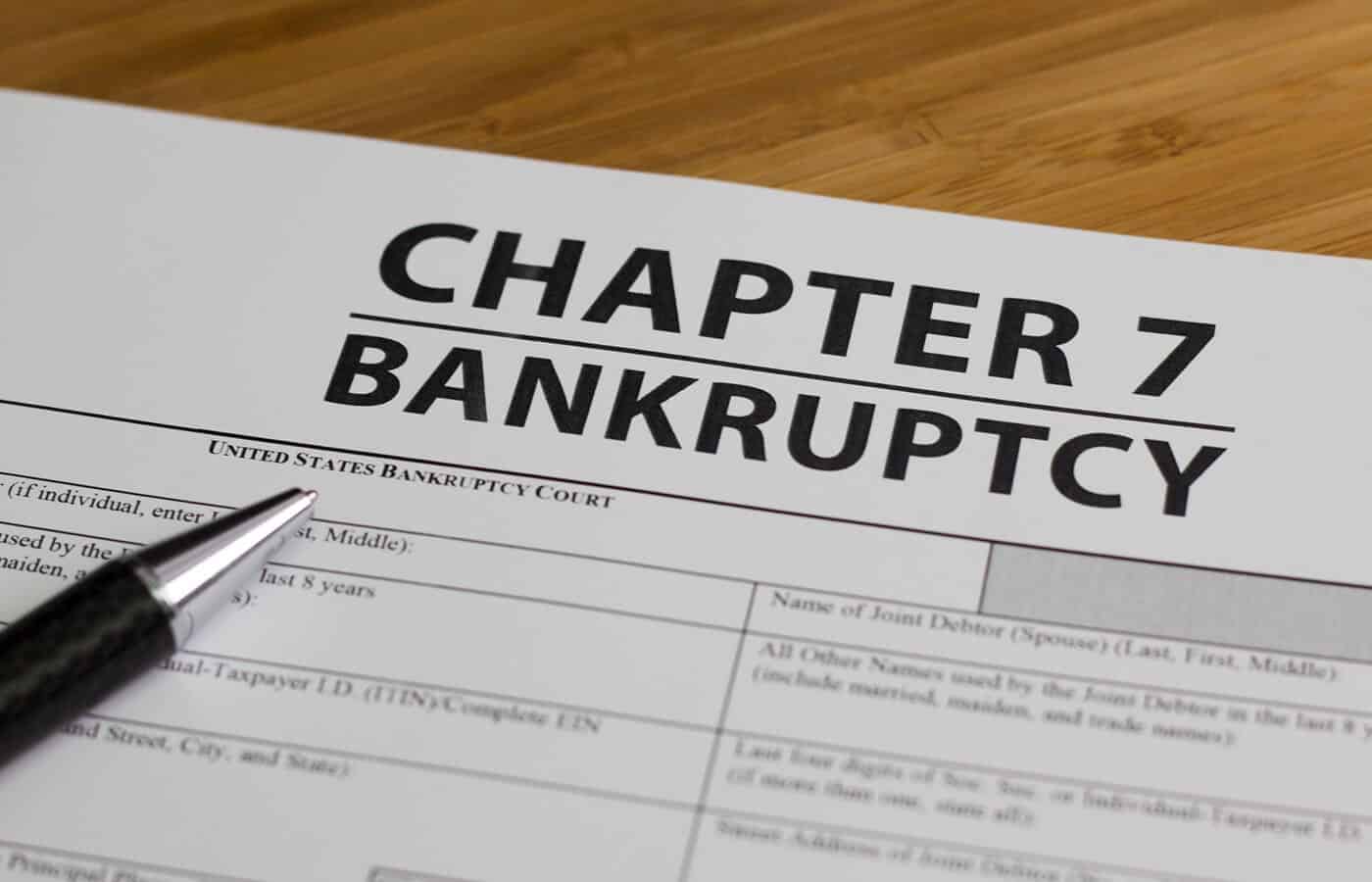For those who are struggling with unsecured debts like credit card debt, medical bills, and certain tax debts, Chapter 7 provides relief that is immediate. Chapter 7 bankruptcy allows individuals to liquidate (and not pay) most of these debts. When you file under chapter 7 of the federal bankruptcy code, you are normally allowed to keep some of your assets and start over debt free, with the exception of some tax debt, student loans, and child support payments.
Many people think that when you file for Chapter 7 bankruptcy, you will lose all of your property. This is actually not the case at all. The majority of your household property is actually exempt from creditor collection efforts, and you can even keep your car and your home in certain cases.

If Chapter 7 is the best option for you, you will work directly with a bankruptcy lawyer to create the necessary documents and formulate the best plan of action in your case. Our attorneys have the expertise and experience to determine the best course of action for you in your unique circumstances.
Chapter 7 bankruptcy can be complicated and confusing. Your unique situation may benefit more from a Chapter 13 bankruptcy. It is essential to have a qualified attorney help you navigate the process.

